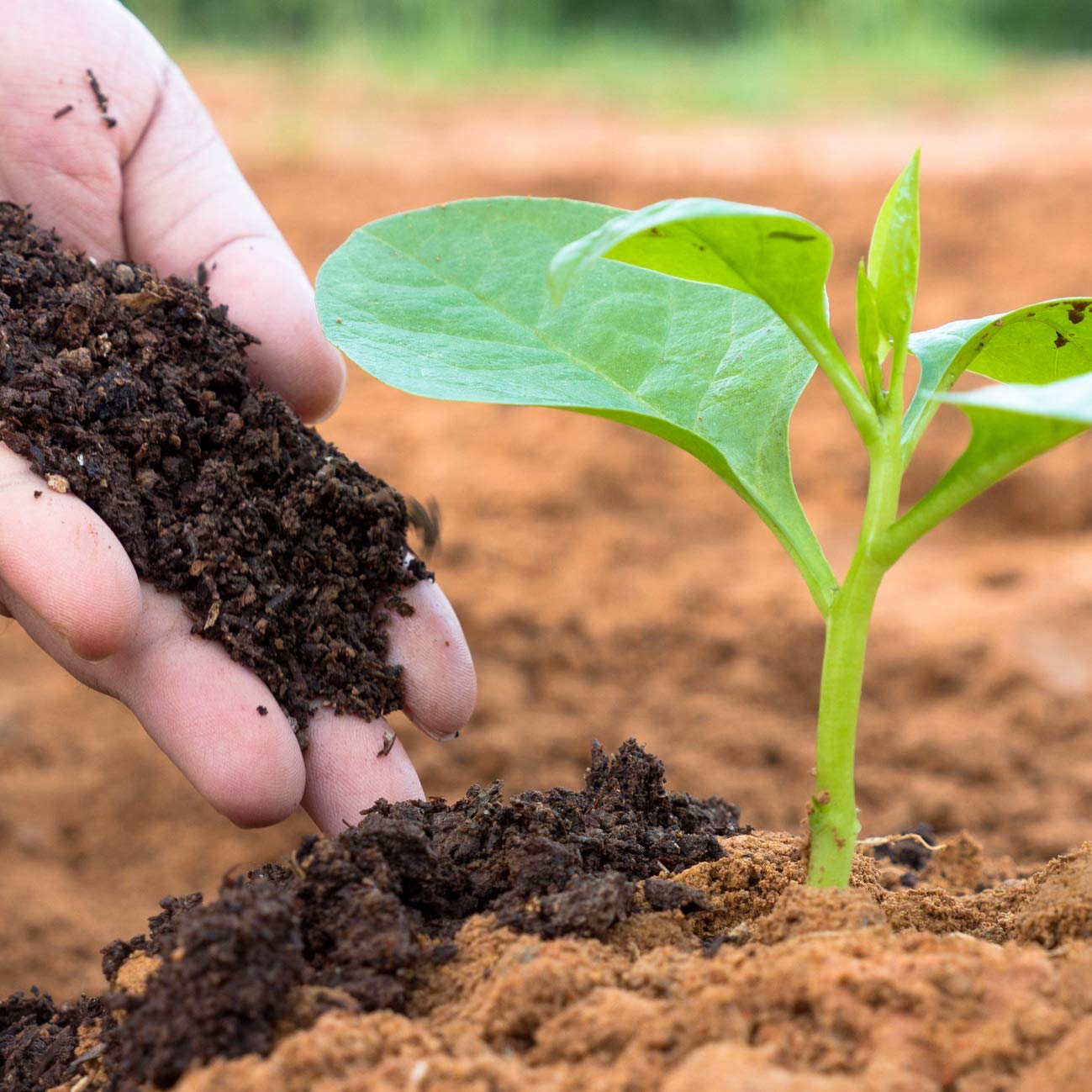Introduction to Vermicomposting
VERMICOMPOST
Vermicomposting is a science of manufacturing compost. Earthworms that are inhabited to the soil get
their nutrition from engulfing biomass and digested biomass is excreted, forming a hummus-like
material known as vermin-compost.
Vermicompost is Superior to Other Conventionally Produced Compost in a Number of Important Ways:
Vermicompost acts as an inoculant in the production of compost.
Worms have several other possible uses on farms, including value as a high-quality animal feed
Vermicomposting supports supplemental income as it does not require farmers to spend
fortunes on fertilizers from the market
Vermicomposting has immense uses in the society where agriculture is the main source of living. It can
be practiced by small-scale industries which use organic matter from household wastes, farmers who
use manure can use vermicomposting on large-scale, or by industries that manufacture food by using
the husks and leftovers of the vegetables and fruit which they use to prepare their food. It is an effective
way of handling waste and has the following qualities:

